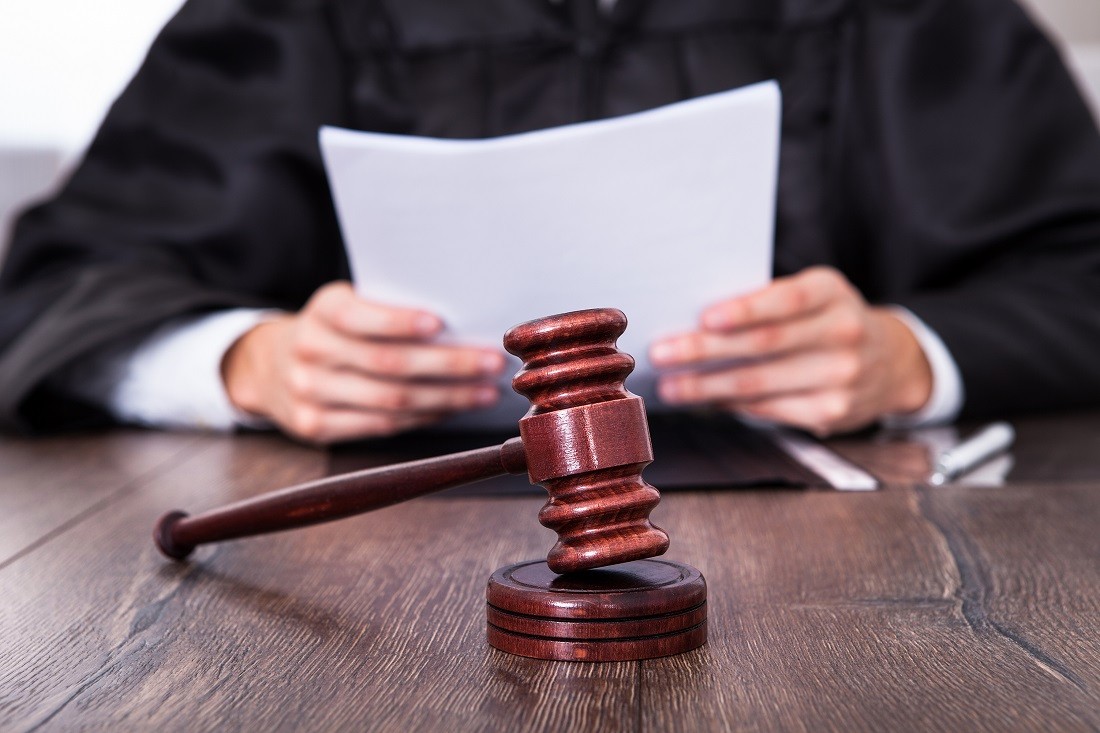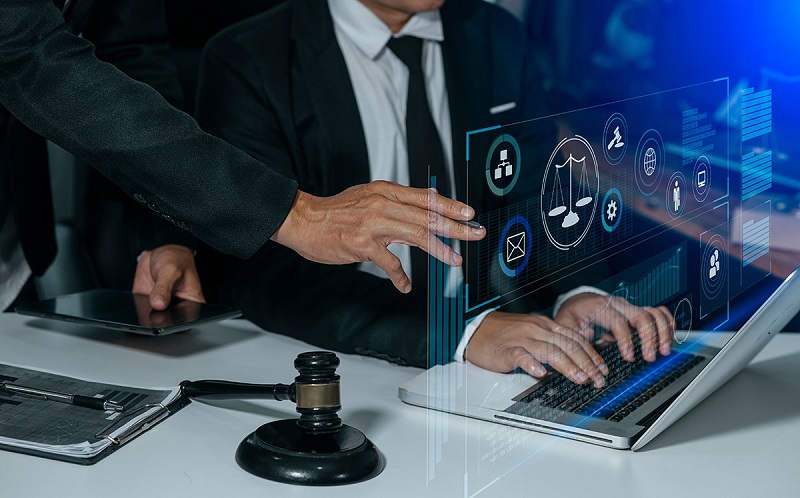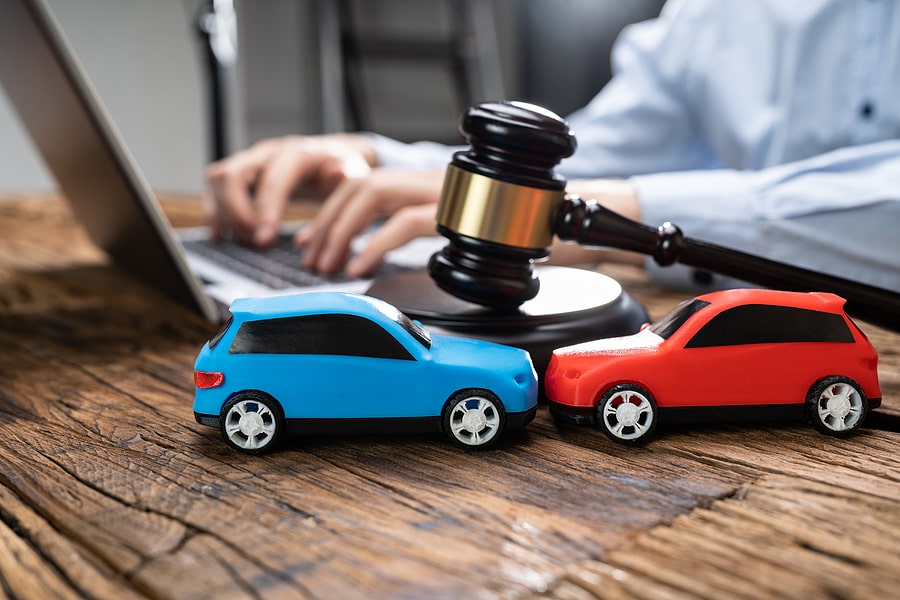Proving your personal injury case is not just about seeking compensation; it’s about ensuring justice. When you’ve been injured due to someone else’s negligence, it’s vital to demonstrate the extent of your damages. The outcome of your case hinges on your ability to provide compelling evidence.
In pursuing a successful personal injury case, a crucial aspect is securing the expertise of seasoned legal professionals who understand the nuances of such matters.
Cohen & Marban Personal Injury Attorneys have been providing car accident attorney services across major cities in Los Angeles County, including:
Trusted Personal Injury Attorneys in Los Angeles, CA
Experienced Personal Injury Attorneys in Pasadena, CA
Professional Personal Injury Attorneys in Encino, CA
Reliable Personal Injury Attorneys in Glendale, CA
With a track record of providing steadfast support and favorable outcomes, Cohen & Marzban’s team of experienced car accident attorneys ensures clients receive the dedicated representation they deserve.
Hence, the following sections will delve into the critical aspects of building a solid personal injury case.
Gather Essential Evidence
Documenting the Incident
Documenting the incident is the first crucial step in pursuing a personal injury case. This involves gathering detailed information about how the injury occurred. Take photographs of the accident scene, visible injuries, and property damage. Secure witness statements if possible. These records will be vital evidence when presenting your case to the court. Thorough documentation ensures that no crucial details are overlooked.
Collecting Medical Records and Bills
You must collect all relevant medical records and bills to establish the extent of your injuries and associated costs. This includes hospital stays, doctor visits, rehabilitation, and medication expenses. Accurate and comprehensive documentation will help you receive fair compensation for medical expenses. Detailed records are essential for building a solid case.
Identifying Witnesses and Expert Testimonies
Identifying witnesses who can attest to the events surrounding your injury is essential. Their testimonies can significantly strengthen your case. Additionally, consider consulting with expert witnesses, such as medical professionals or accident reconstruction specialists, who can provide valuable insights and credibility to your claim. Expert witnesses and credible eyewitnesses can substantially impact your case’s success.
Establish Liability
Determining Negligence
To prove liability in a personal injury case, you must demonstrate negligence on the part of the responsible party. Negligence means the at-fault party failed to exercise reasonable care, leading to your injury. Evidence such as accident reports, photos, and witness statements can help establish negligence. A solid foundation of evidence is essential in proving negligence.
Proving Causation
Causation is a crucial element in personal injury cases. You must prove that the negligence of the defendant directly caused your injuries. This requires a clear link between their actions and your harm. Medical records and expert opinions can help establish this crucial connection. Demonstrating a direct link between their actions and injuries is pivotal in proving causation.
Exploring Comparative Fault
In some cases, the injured party may share some responsibility for the accident. Understanding comparative fault laws in your jurisdiction is vital. You may still be entitled to compensation even if you are partially at fault. Your attorney can help navigate this aspect of your case. Knowing the nuances of comparative fault laws can be a strategic advantage in pursuing compensation.
Calculate Damages
Evaluating Economic Damages
Economic damages encompass tangible losses such as medical bills, property damage, lost wages, and future earning potential. Accurately assessing these damages is essential for securing the compensation you deserve. Work with experts to calculate the full extent of your economic losses. Precise evaluation of monetary damages is critical to ensure you receive adequate compensation.
Assessing Non-Economic Damages
Non-economic damages, such as pain and suffering, emotional distress, and loss of enjoyment of life, can be challenging to quantify. However, they are equally important in your case. Providing evidence of the impact of your injuries on your life is crucial for obtaining fair compensation. Demonstrating the non-economic impact of your injuries is essential to receive just compensation.
Understanding Punitive Damages
In some instances where the defendant’s actions were particularly egregious, punitive damages may be awarded to punish and deter such behavior. Your attorney can help you determine if punitive damages apply to your case and how to pursue them. Understanding when and how to seek punitive damages can significantly impact your case’s outcome.
Negotiate with Insurance Companies
Dealing with Insurance Adjusters
When pursuing a personal injury claim, your first encounter will likely be with insurance adjusters. These professionals represent the insurance companies and are tasked with minimizing their liability. It’s essential to handle these interactions with caution. Remember that insurance adjusters may attempt to devalue your claim or seek statements that can be used against you. Stay concise and factual in your conversations, and consider consulting with an attorney before providing any recorded statements. Your lawyer can help ensure you don’t inadvertently compromise your case.
The Art of Settlement Negotiation
Negotiating a fair settlement for your personal injury case is an art and a science. A skilled attorney will leverage their expertise to assess the actual value of your claim. This involves considering medical expenses, lost wages, pain and suffering, and future damages. They’ll then negotiate with the insurance company on your behalf, striving for a settlement that adequately compensates you. Effective negotiation requires patience and a deep understanding of the legal intricacies involved. Trust your attorney’s guidance to secure the best possible outcome.
When to Consider Mediation
Mediation can be invaluable in resolving personal injury disputes without needing a trial. It involves a neutral third party facilitating discussions between you and the responsible party, including their insurer. Mediation can save time and money while offering a less adversarial approach. However, it’s crucial to recognize the right time to consider mediation. Your attorney will advise you on whether mediation is a viable option based on the circumstances of your case. When handled skillfully, mediation can lead to a mutually acceptable resolution.
Prepare for Trial
Building a Strong Legal Strategy
Preparing for trial begins with crafting a robust legal strategy. Your attorney will meticulously analyze the details of your case, identify strengths and weaknesses, and formulate a plan to present your claim effectively. This strategy may involve gathering evidence, consulting experts, and deposing witnesses. Your lawyer’s objective is to build a compelling narrative that supports your case and persuades the jury of your rights to compensation.
Selecting a Jury
Jury selection is a critical phase of trial preparation. Your attorney will work diligently to choose a fair and impartial jury that objectively assesses the evidence presented. This process involves asking potential jurors questions to ensure they can set aside biases and prejudices. The goal is to assemble a jury to evaluate your case on its merits alone, giving you a fair opportunity to seek justice.
Presenting a Compelling Case in Court
The culmination of your personal injury claim is presenting your case in court. Your attorney will use their experience and expertise to offer a compelling narrative, relying on the evidence and witnesses gathered during preparation. Their goal is to demonstrate the negligence or liability of the responsible party and showcase the extent of your damages. Skillful presentation is crucial to securing a favorable verdict or judgment in your personal injury case.
In summary, proving a personal injury case demands meticulous evidence collection, the establishment of liability, and skilled negotiation. Partnering with an experienced attorney significantly enhances your chances of obtaining justice and rightful compensation. Remember, it’s not just about seeking compensation; it’s about ensuring justice is served. Trust the process and rely on expert guidance to secure your desired outcome.





